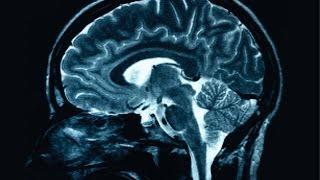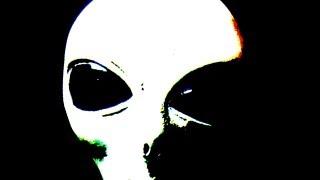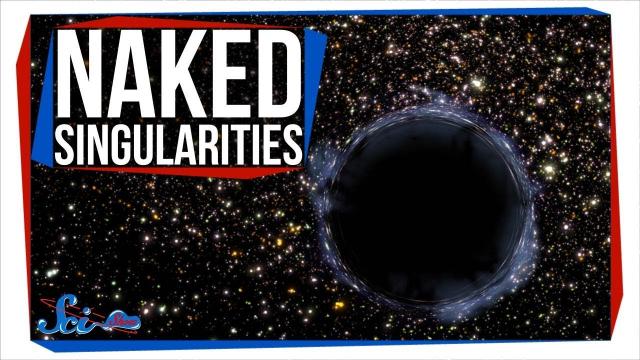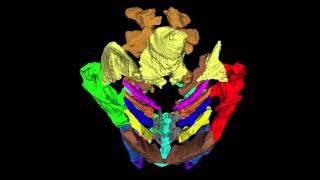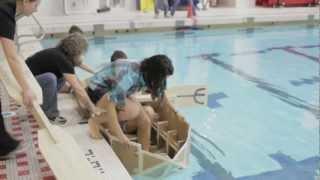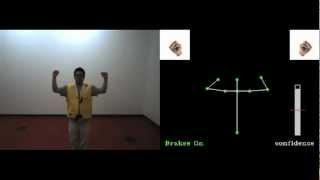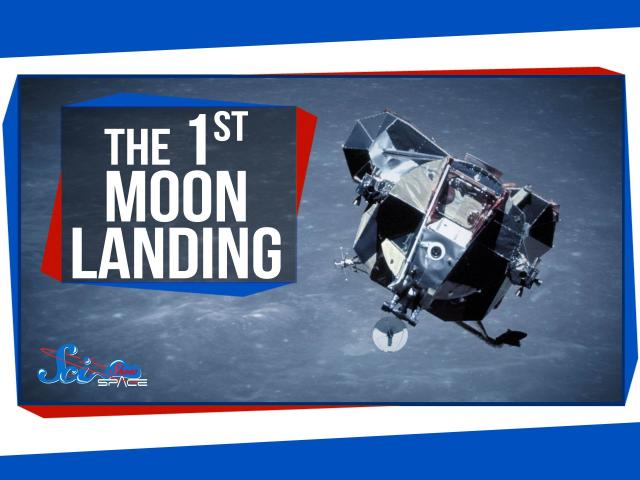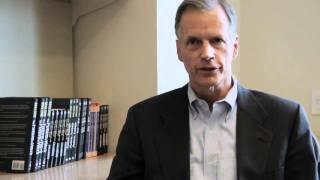Time Travel, Teleportation & Science
Time travel is the concept of moving between different points in time in a manner analogous to moving between different points in space, generally using a theoretical invention, namely a time machine. It has a commonly recognized place in philosophy and fiction, but has a very limited application in real world physics, such as in quantum mechanics or wormholes.
Although the 1895 novel The Time Machine by H. G. Wells was instrumental in moving the concept of time travel to the forefront of the public imagination, The Clock That Went Backward by Edward Page Mitchell was published in 1881 and involves a clock that allowed three men to travel backwards in time.[1][2] Non-technological forms of time travel had appeared in a number of earlier stories such as Charles Dickens' A Christmas Carol. Historically, the concept dates back to the early mythologies of Hinduism (such as the Mahabharata), Buddhism, and Islam through ancient folk tales. More recently, with advancing technology and a greater scientific understanding of the universe, the plausibility of time travel has been explored in greater detail by science fiction writers, philosophers, and physicists.
Teleportation, or Teletransportation, is the theoretical transfer of matter or energy from one point to another without traversing the physical space between them. It has a commonly recognized place in science fiction literature, film, and television, but as yet has a very limited application in real world physics, such as quantum teleportation or the study of wormholes.
Science (from Latin scientia, meaning "knowledge") is a systematic enterprise that builds and organizes knowledge in the form of testable explanations and predictions about the universe. In an older and closely related meaning, "science" also refers to a body of knowledge itself, of the type that can be rationally explained and reliably applied. A practitioner of science is known as a scientist.
In modern usage, "science" most often refers to a way of pursuing knowledge, not only the knowledge itself. It is also often restricted to those branches of study that seek to explain the phenomena of the material universe.
Source : Wikipedia
-
01:30
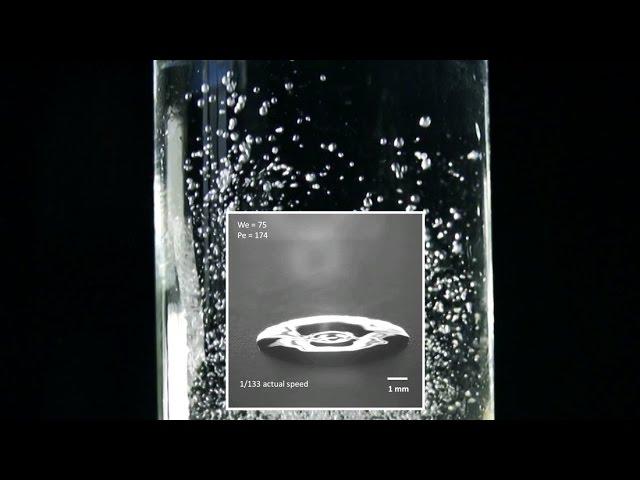
Rainfall can release aerosols, high-speed video shows
Added 659 Views / 0 LikesRainfall can release aerosols, high-speed video shows
-
04:30
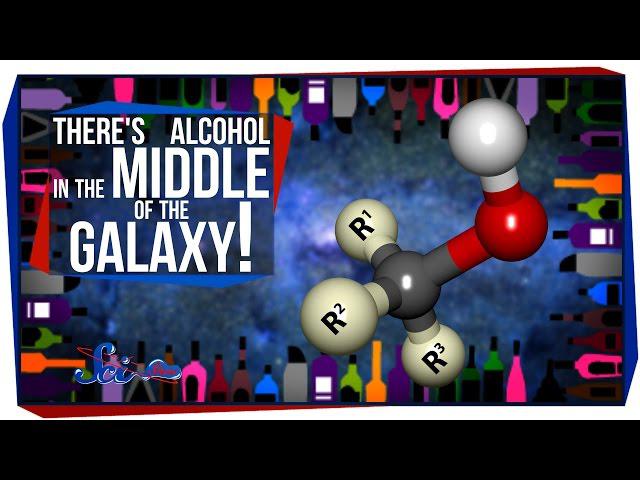
There's Alcohol in the Middle of the Galaxy!
Added 659 Views / 0 LikesThere's Alcohol in the Middle of the Galaxy!
-
04:20

The Arizona Fireball and Planet Nine's Origins
Added 659 Views / 0 LikesThe Arizona Fireball and Planet Nine's Origins
-
05:07
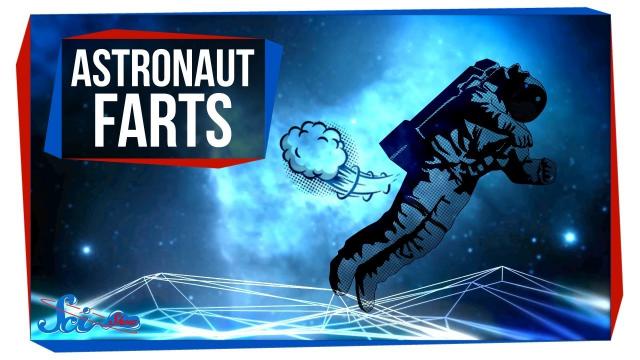
That Time Apollo 16 Astronauts Got the Farts
Added 659 Views / 0 LikesThat Time Apollo 16 Astronauts Got the Farts
-
05:20
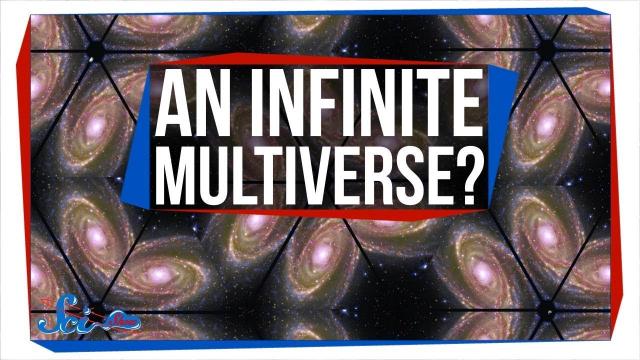
Is There Really An Infinite Multiverse? | Stephen Hawking's Last Paper
Added 659 Views / 0 LikesJust a few days before he died, Stephen Hawking submitted one last research paper using string theory math to talk about the multiverse.Host: Hank GreenFor special, curated artifacts of this universe, check out https://scishowfinds.com/----------Support S
-
04:39

SpaceX's Mars Mission, and 3 Exciting Exoplanets!
Added 658 Views / 0 LikesSpaceX's Mars Mission, and 3 Exciting Exoplanets!
-
04:34
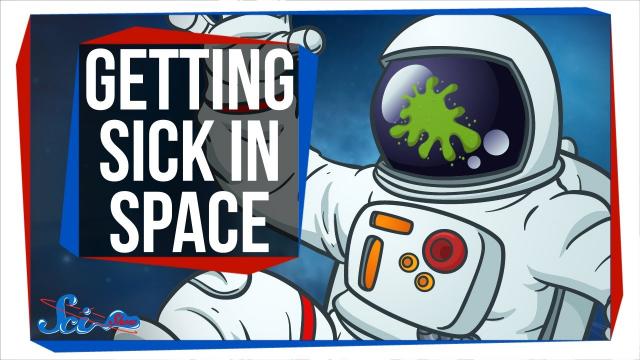
Why Getting Sick in Space Is the Worst
Added 658 Views / 0 LikesWhy Getting Sick in Space Is the Worst
-
01:44

Ending the Epidemic - Complacency in Gay Community Worries AIDS Activist
Added 657 Views / 0 LikesEnding the Epidemic - Complacency in Gay Community Worries AIDS Activist
-
04:41
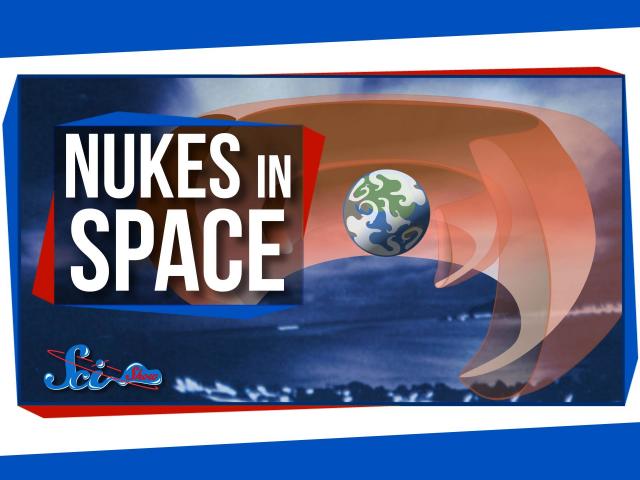
The Unexpected Effects of Nukes in Space
Added 656 Views / 0 LikesThe Unexpected Effects of Nukes in Space
-
03:22
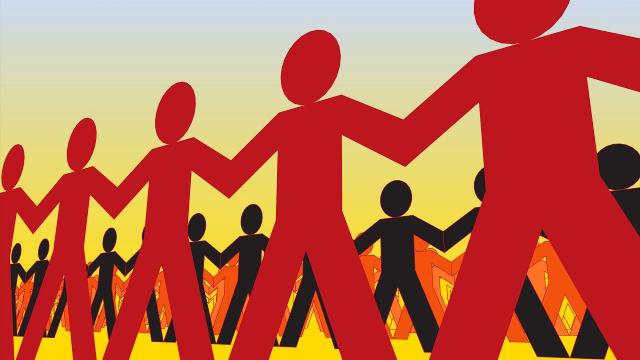
Could Genetic Engineering Lead to Super Armies?
Added 655 Views / 0 LikesCould Genetic Engineering Lead to Super Armies?
-
1:34:49
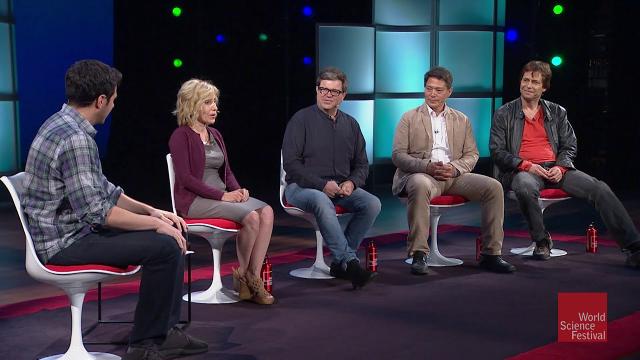
Teach Your Robots Well: Will Self-taught Robots Be The End Of Us?
Added 655 Views / 0 Likes“Success in creating effective A.I.,” said the late Stephen Hawking, “could be the biggest event in the history of our civilization. Or the worst. We just don’t know.” Elon Musk called A.I. “a fundamental risk to the existence of civilization.” Are we cre

